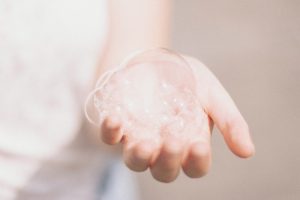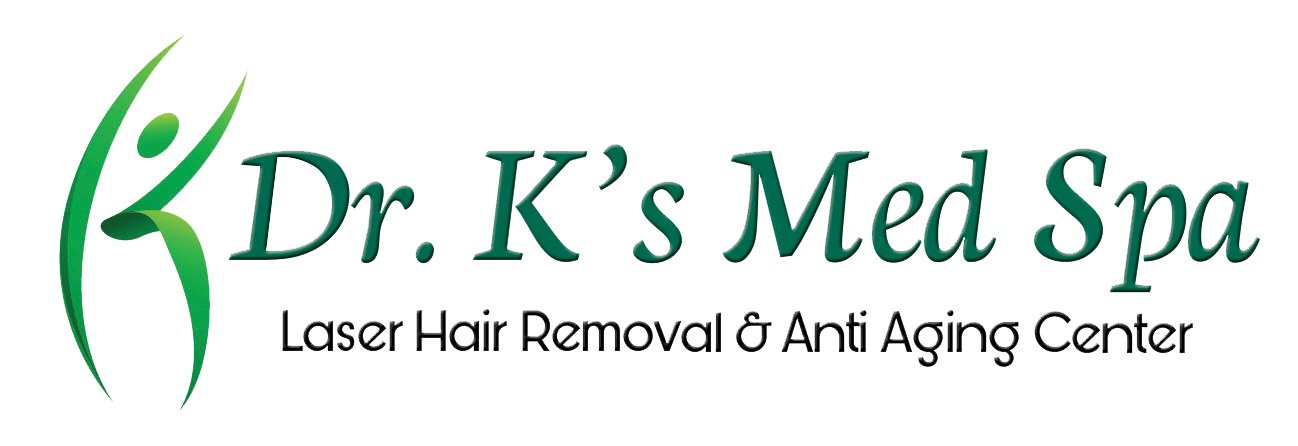 Researching skin care concerns or new beauty hacks and tips can lead to several sources of conflicting information. With today’s media influence, it can be easy to think that you can solve your skin problems with various products and seemingly magic routines, but skincare isn’t a one-size-fits-all approach. Your skin is unique to you as genetics and lifestyle factors play an important role in managing clear and beautiful skin.
Researching skin care concerns or new beauty hacks and tips can lead to several sources of conflicting information. With today’s media influence, it can be easy to think that you can solve your skin problems with various products and seemingly magic routines, but skincare isn’t a one-size-fits-all approach. Your skin is unique to you as genetics and lifestyle factors play an important role in managing clear and beautiful skin.
Skincare myths are common due to the lack of general dermatology education in the public and an overabundance of people claiming their own “miracle” skincare regimens. To prevent you from falling victim to the dangerous pitfalls of bad skincare and misconceptions, we’ve decided to debunk 7 common skincare myths.
Myth #1: Oily skin doesn’t need to be moisturized
If you have oily skin, you may have been told how lucky you are that you don’t need to moisturize. Sadly, this is a giant skincare myth.
Any skin cleanser, regardless of what skin type it is designed for, removes the natural oils of your skin and leaves it unprotected and lacking hydration. Leaving your skin unprotected will cause your skin to produce even more oils in an attempt to rehydrate itself, even if you have oily skin. Everyone needs to apply a moisturizer to rehydrate their skin after cleansing, regardless of your skin type.
Be sure to use products that are right for your skin type, if you have oily skin, use lightweight oil-free products to leave you with a matte finish and long-lasting hydration.
Myth #2: The higher the SPF the better
Many people believe that the higher the SPF of sunscreen, the better the protection. This isn’t entirely true; SPF 30 means you are protected 30 times longer than if you were outside with no sun protection. The higher the SPF the longer you can wait to reapply, but that doesn’t necessarily mean you are better protected.
On the topic of sunscreen, we want to remind you that you should always wear sunscreen when spending time in the sun, even if it’s the middle of winter and overcast. For everyday use, SPF 15 is a good barrier of protection. However, if you plan on being outdoors for more than just a few minutes, we suggest using SPF 30 and reapplying as needed. Remember to cover any exposed areas and wear protective clothing such as long sleeves, sunglasses, and wide-brimmed hats when possible.
Myth #3: Hot water is good for you and your pores
Though many people use a nice hot shower and bath as a way to relax, many don’t know how damaging hot water is for your skin. Hot water strips your skin of all its essential and protective natural oils making your skin dry. Instead, shower in lukewarm water or shorten the amount of time you spend showering in hot water.
Don’t forget to moisturize afterward! Moisturizing while your skin is still damp will help to lock in extra moisture keeping your skin soft and supple.
This is important to remember when washing your face and hands as well. Use lukewarm water to prevent drying your skin out and removing its protective oils.
We’d also like to address another little myth that hot water opens up your pores. This is false as your pores are always open and are not temperature sensitive. Steam from hot water can help increase moisture levels in the area and prevent dry skin, but unfortunately, this does little for your pores.
Myth #4: Sleeping in your makeup is okay
We get it. After a long day you may not want to go through your whole beauty routine to remove your makeup, but falling asleep in a full face is not okay! Even if you only have a little bit of makeup on, you need to remove it before going to bed.
Falling asleep without washing your face can cause your makeup to mix with the buildup of oil and dirt you’ve collected on your skin throughout the day. This will clog your pores and cause breakouts and other skincare problems.
Myth #5: You should wait on the anti-aging products and treatments
Even if you aren’t in your late 30s or showing signs of age, you can begin using anti-aging products and treatments as soon as your early 20s. The earlier you start, the better! However, it is important to be sure you are using the right products for your skin type and consulting with your doctor before making appointments for any treatments.
There are so many products on the market today that claim to remove wrinkles and boast about their anti-aging abilities. The right over-the-counter products, a combination of retinoids, and a good skincare regimen can reduce the appearance of fine lines and aging, but there is no magic fix. We recommend working with a dermatologist or skincare professional for the best results.
Myth #6: Junk food and candy lead to breakouts
Junk food and chocolate have commonly been believed to be acne-inducing, but there is little scientific evidence to support this claim. Acne is caused by sebum, an oil that your skin naturally produces, but junk food and chocolate do not directly determine your skin’s health.
However, your diet does play a role in your overall health which in turn can affect your skin. That being said, treating diet alone is not an instant fix for skincare problems. It’s just a tiny piece of the big skincare puzzle!
Myth #7: All tanning is hazardous for your skin
There are many people who will strongly advise against tanning claiming that it is bad for your health entirely. This comes from the knowledge that UVA and UVB rays from both the sun and tanning beds can cause premature aging, sun damage, and skin cancer.
However, that doesn’t mean we should all cover up and avoid ever laying out by a pool or on the beach. Gradual tanning with careful sun exposure and a protective sunblock is okay. Just remember to take precautions and protect your skin by avoiding excessive tanning over prolonged periods, reapplying sunscreen as necessary, and avoiding peak sun exposure times.
Being armed with the right information means you can make educated and informed decisions about your skincare. With this newfound knowledge, you can take care of your skin and use the products and regimens that are safe and effective for your skin type and needs.
Skincare can be a grueling journey of trial and error, but if you ever need any help, we are here for you. Visiting a skincare professional can help determine your skin type and condition while providing you with a personalized treatment tailored to your skin and skincare goals. For more information on skincare myths or how we can help you, please contact Dr. K’s Med Spa today.
